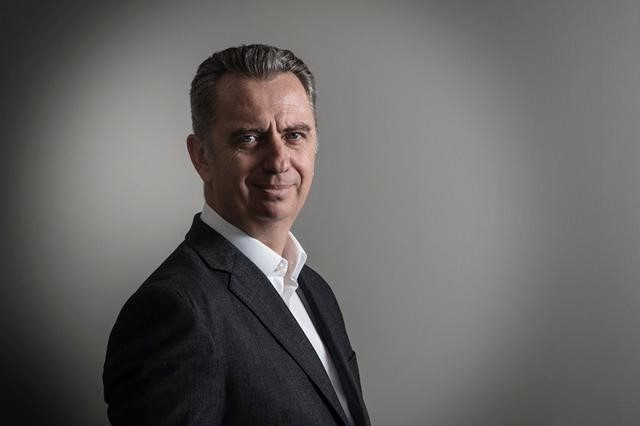ESG has Gone Mainstream in 2016
| For Fórmate a Fondo | 0 Comentarios

The adoption of environmental, social and governance (ESG) issues into investment decision-making has gone mainstream in 2016. According to Investec, in a low-growth, low-yield and uncertain environment, investors are looking for new tools to drive long-term value creation. For institutions, increased attention has been placed on corporate behaviours and practices which are neither delivering shareholder value nor building sustainable businesses that will enable them to fulfil their fiduciary duty to their stakeholders.
So what has happened in 2016 that has galvanised ESG action?
The Paris Agreement on Climate Change in December 2015 has focused investors’ minds on the environment. This is the first global pledge to limit carbon emissions and is the fastest-ratified UN accord to date.
The speed with which the governments of over 175 countries signed the agreement – a little over four months – has added momentum to efforts to integrate environmental factors into investment processes. It has also spurred investors to look for new opportunities in industries to meet the objective of limiting the global temperature rise to less than 2 degrees Celsius (2°C) above pre-industrial levels.
While the focus has been on environmental issues, the UN Sustainable Development Goals also encouraged momentum behind the social aspects of ESG. Several new organisations, such as the Business and Sustainable Development Commission, have formed to plan practical steps to achieving these goals. Increasingly, major asset owners and investment managers are getting involved.
“Poor share price performance and mediocre company results have rallied shareholders into action. Investors have showed a renewed willingness to administer stinging rebukes over top management pay. In the UK, oil giant BP, miner Anglo American, engineering company Weir Group and Irish building materials group CRH all suffered major votes against pay policies. Even major US corporates have not been immune. In April, over a third of voting Citigroup shareholders cast their ballots against the bank’s pay package for top executives.” Investec points out.
The firm also notes that shareholder activism has not just been about executive pay. Investors are also looking more closely at the composition of company boards. There was some disquiet over Warren Buffett’s Berkshire Hathaway and Coca-Cola, as both of these US companies have three board directors that have served for over 15 years, which has contributed to a lack of board diversity and independent thinking. In Europe, auto manufacturer Volkswagen (VW) has been subject to intense scrutiny over its unusual governance structure in the wake of the emissions scandal. VW’s shareholders are beginning to ask whether, after three scandals in 20 years, the company’s supervisory board has the authority and independence to hold management to account. The company’s three largest shareholders, the Porsche-Piëch family, the German state of Lower Saxony and Qatar’s sovereign wealth fund, currently dominate the board. In June this year, Norway’s giant sovereign wealth fund (the fourth-largest shareholder in VW) joined the California State Teachers’ Retirement System (CalSTRS) and around 800 other institutional investors in suing the company over the failure of oversight that led to the emissions scandal.
How will these trends evolve in the years to come? “We expect that shareholders will become increasingly frustrated with boards if performance continually fails to meet expectations. We believe that can only be a force for good. Investment in low-carbon and energy saving technologies will also become an important consideration in the portfolio construction process as governments strive to meet the 2°C target set out in Paris. Even in the oft-neglected social aspects of ESG, we believe there will be momentum as investors seek less-crowded, high-growth areas to drive future returns. Our appointment as manager of the Emerging Africa Infrastructure Fund (EAIF), a public-private partnership created to mobilise capital into private sector infrastructure projects across sub-Saharan Africa, is testament to our belief that social benefits are not incompatible with healthy long-term returns.” Investec oncludes.






